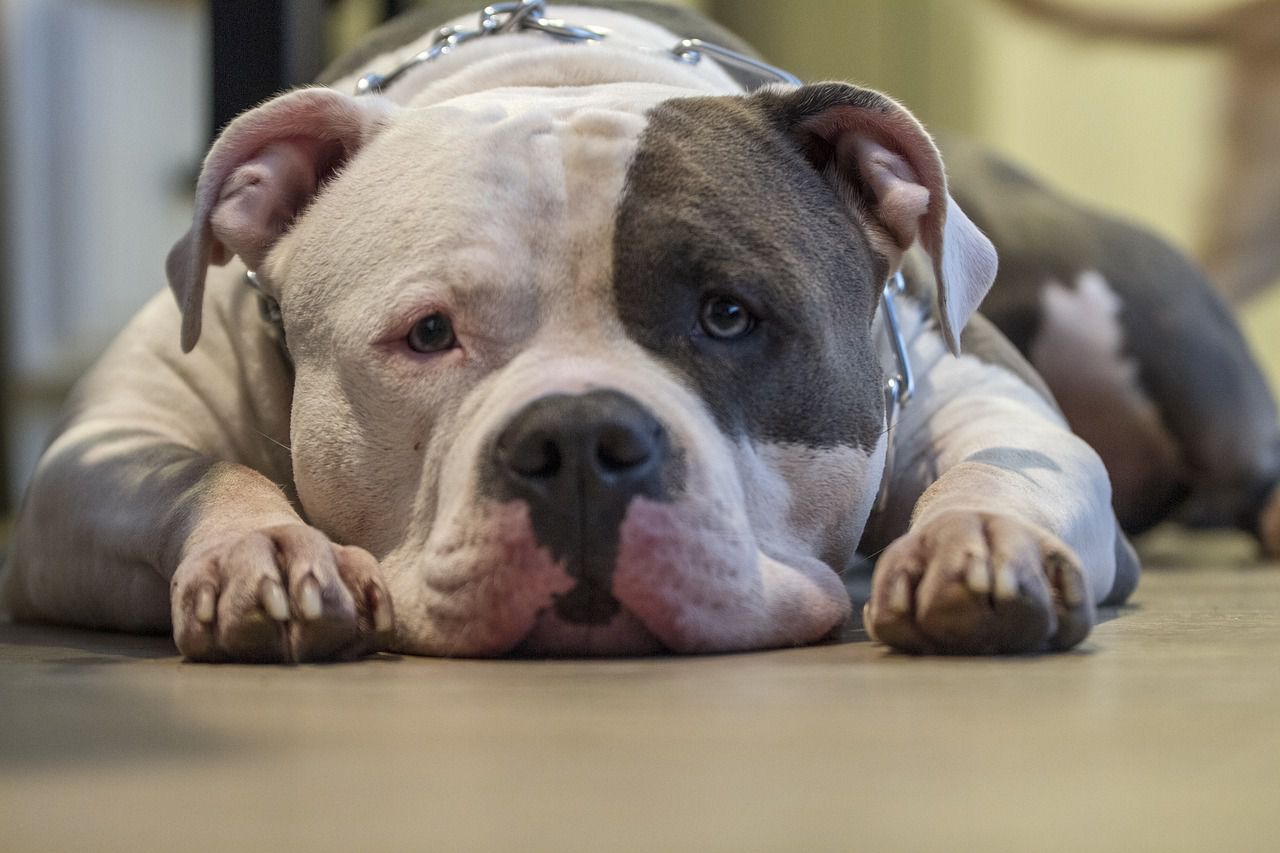Pets can understand that you're ill: Signs that your pets can understand
Pets, particularly dogs and sometimes even cats, can often sense changes in their owners' physical and emotional states, including when their owners are ill.
While pets don't understand illness in the same way humans do, they can pick up on various cues that suggest something is different or wrong with their owners.
Here's how pets might react to their owners being ill.
Change in Behavior
Pets are attuned to their owners' routines and behaviors.
When an owner becomes ill, their usual behavior might change, such as reduced activity, altered eating habits, or spending more time in bed.

Pets can detect these changes and may respond by staying closer, being more vigilant, or acting more subdued.
Body Odor and Scent
Illness can sometimes lead to changes in body odor or scent due to changes in metabolism or stress.
Pets, especially dogs, have a highly developed sense of smell and can pick up on these changes, potentially responding by sniffing or showing increased interest.
Vocal Cues
If an owner is in pain or distress, they might exhibit vocal cues such as groaning, sighing, or even crying.
Pets can associate these sounds with their owners' emotional states and might respond with concern or attention.
Physical Changes
Some illnesses might cause physical changes in an owner's appearance, such as paleness, weakness, or disorientation.
Pets can notice these changes and may react by staying close, offering comfort, or displaying protective behavior.
Emotional Bond
Pets form strong emotional bonds with their owners.
They can sense changes in their owners' moods and emotions.
When an owner is unwell, their emotional state might be different, and pets may respond with empathy, cuddling, or comforting behavior.
